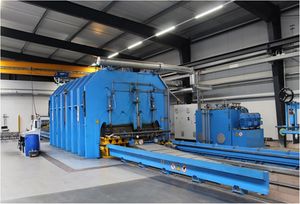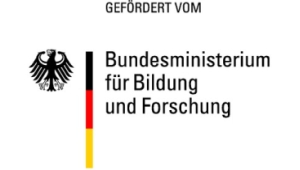
Production disruptions or supply chain interruptions are a business risk in a globalized and interconnected industry. A company's ability to anticipate and proactively adapt to disruptions such as tool wear, raw material quality variations, or supply shortages is the "quest for resilience." Reinforced by a significant increase in complexity in production due to Industrie 4.0, resilience management is becoming an indispensable success factor for industrial production.
The SPAICER project aims to develop AI-based smart resilience services to generate comprehensible recommendations for action that enable decision-makers to initiate meaningful stabilization measures at an early stage. These smart services are to be offered on an open digital platform. This means that companies can use them without having to build up extensive AI expertise or hand over their data sovereignty.
With the "Visual Quality Inspector," the project team from the Smart Service Engineering research area is demonstrating a process for image-based anomaly detection at the Hannover Messe, which detects deviations from quality standards in end products. If deviations in the condition of the products are noticed, recommendations for action can be derived from this and implemented while the production cycle is still running. The advantages are the reduction of production defects, cost savings, and the avoidance of production waste.
SPAICER is being funded by the German Federal Ministry for Economic Affairs and Energy as part of the Innovation Competition for Artificial Intelligence from 1.4.2020 - 31.3.2023 with a total volume of just under €10 million.


